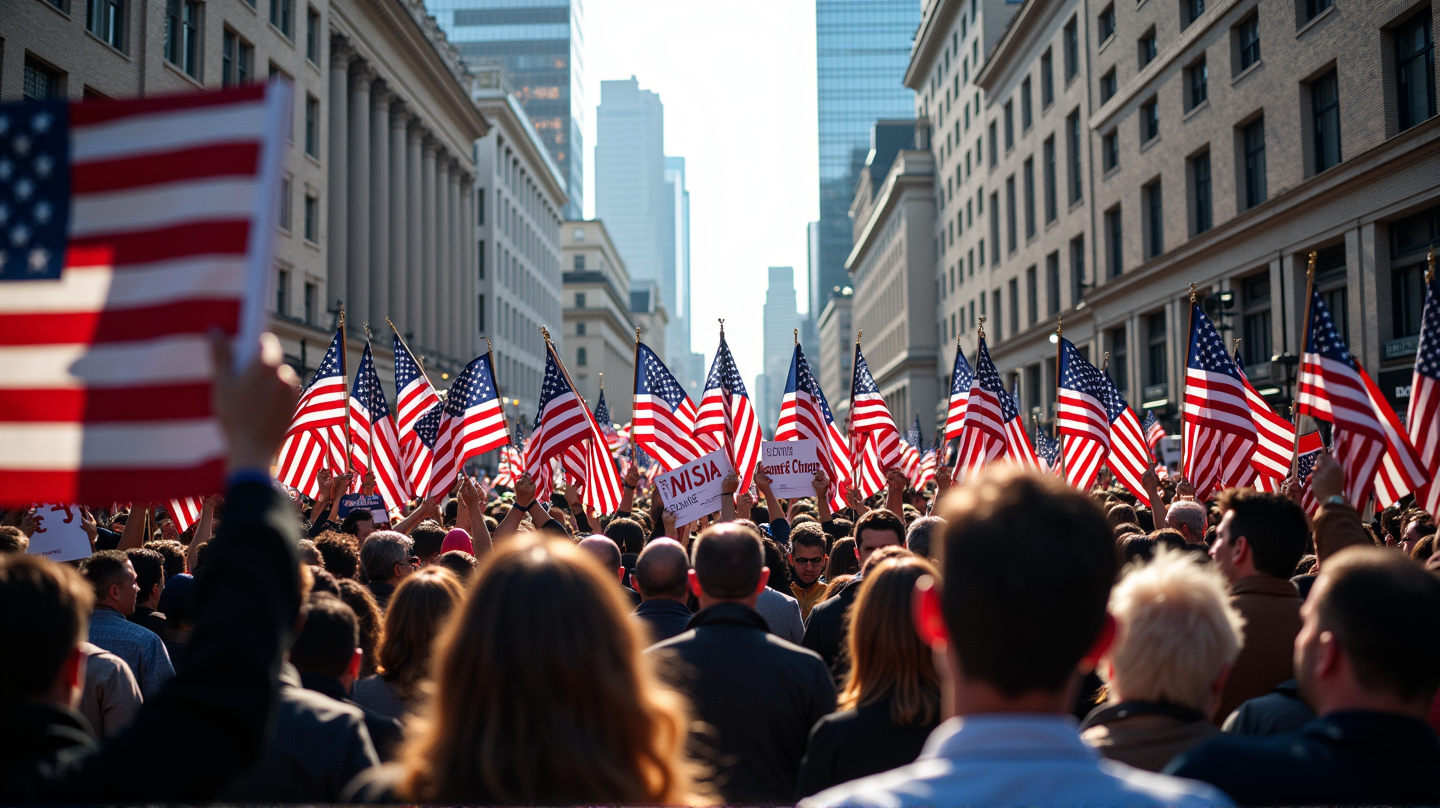Seattle Mayoral Race: A Defining Moment for U.S. Political Future?
As Seattle’s mayoral race heats up, it may signal shifts in national politics amid Democratic discussions and the Trump legacy.

In the picturesque and bustling city of Seattle, an intensely contested mayoral race is unfolding. Incumbent Mayor Bruce Harrell is fighting to maintain his leadership against the rising challenger, Katie Wilson, known for her progressive roots and grassroots activism. This race, however, is more than just a local contest; it could be a significant harbinger of shifts within the Democratic party and the national political landscape at large.
Harrell, who cruised to victory four years ago, now finds himself on the defensive. Katie Wilson, renowned for founding the Transit Riders Union, has emerged as a formidable opponent. Her unexpected surge came from sweeping local Democratic precinct votes, capturing the essence of a community eager for drastic change.
The Pulse of Change in Seattle
The Seattle mayoral race is frequently linked to a broader political fabric. “It’s hard to take a race like this in isolation,” shares Sandeep Kaushik, a seasoned political strategist. Kaushik points out the emotional aftermath of Trump’s previous victory, which fueled the progressive momentum in cities like Seattle. For voters disenchanted with the status quo, Wilson represents a beacon for transformative change.
The rhetoric in this race has significantly shifted, reflecting the electorate’s growing anxieties about affordability and public safety. Wilson’s campaign taps into these themes, resonating with those concerned about rising living costs — a crucial issue intricately tied to her campaign.
National Reflections, Local Manifestations
The dynamics playing out in Seattle mirror those present in other states, with Erik Olsen, Professor Emeritus at Seattle University, suggesting the outcomes will influence Democratic party directions. Katie Wilson’s appeal to younger voters, in particular, suggests a potential pivot in the party’s future direction.
Whether the race will set a new precedent for how the Democratic party tackles core issues remains in the air. However, Wilson’s shift in discourse, now focusing on public safety without echoing “defund the police” rhetoric, certainly indicates a recalibration of the progressive stance.
Linked to Broader Narratives
Such political contests often mirror nationwide sentiments. The Seattle race has already drawn comparisons with New York’s political landscape, illustrating the ripple effects of local elections on national discourse. As Seattle readies itself for the upcoming elections, all eyes are on whether it will indeed signal a trend that defines national politics or remains an isolated tale of a city seeking change.
In conclusion, as Seattle navigates this pivotal election, the implications reverberate beyond its borders, aligning with broader discussions within the Democratic party. The race’s outcome may not only shape Seattle’s immediate future but also contribute to the larger narrative of change across America’s political terrain. As stated in WPMI, this race isn’t just about choosing a mayor; it’s about charting the course of political evolution in a rapidly changing society.





